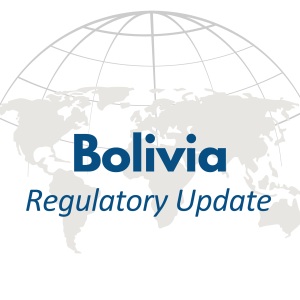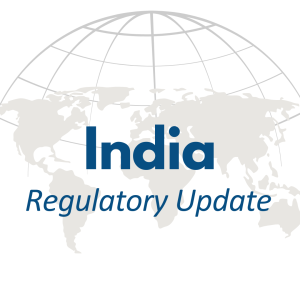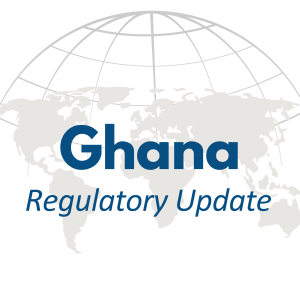Saudi Arabia continues to make strides in improving its wireless technology landscape as part of its Vision 2030 plan, a blueprint for economic and societal transformation. Central to these advancements is the Communications, Space and Technology Commission (CST), the regulatory body responsible for overseeing the telecommunications, space, and technology sectors within the Kingdom.
Through its regulatory platform, the CST has developed new systems to facilitate access to all related decisions and documents, making it easier for stakeholders and the public to engage with Saudi Arabia’s evolving regulatory landscape. Notably, the CST’s efforts focus on enhancing transparency, encouraging public feedback, and simplifying the process of navigating complex regulations.
Two of its recent regulatory approvals highlight the Kingdom’s ongoing commitment to modernizing its spectrum management and digital infrastructure: the Spectrum Light Licensing Regulations and the Internet of Things (IoT) Regulations. These regulations are positioned to improve wireless services in the Kingdom while optimizing the use of valuable resources like spectrum.
Approval of Spectrum Light Licensing Regulations
The approval of the Spectrum Light Licensing Regulations represents a major step in streamlining spectrum management in Saudi Arabia. The “light licensing” approach introduces a new mechanism for spectrum access that encourages more efficient use of frequencies by allowing for shared access. This regulatory decision facilitates better utilization of spectrum resources, ensuring that they are distributed across various industries without overwhelming primary users. It also reduces administrative and financial burdens, making it easier for businesses and industries to gain reliable spectrum access while maintaining protections for existing spectrum holders.
The decision, issued on August 15, 2024, highlights Saudi Arabia’s focus on utilizing data-driven approaches to maximize the benefits of its technological infrastructure. This regulation will go into effect 30 days after its publication on the CST website and is expected to have a far-reaching impact on how the country manages its limited spectrum resources, ensuring that they can be leveraged by a broader range of industries and verticals. Click here to read the official regulatory approval.
Approval of Internet Of Things Regulations Document
Another recent development in Saudi Arabia’s regulatory framework is the approval of the Internet of Things (IoT) Regulations. These regulations are designed to oversee and manage the growing presence of IoT services within the Kingdom. As IoT technology becomes more prevalent, offering new possibilities for smart cities, connected devices, and industry automation, clear and comprehensive regulations are essential to ensure their smooth and secure deployment.
The IoT Regulations aim to standardize the deployment of IoT services, safeguarding the infrastructure that supports the interconnected devices integral to smart technology initiatives. This regulatory document will come into effect 60 days after its issuance on July 31, 2024, and outlines guidelines that will enable businesses to adopt IoT technologies confidently, knowing that they are compliant with the Kingdom’s regulatory framework. Click here to read the official regulatory approval.
Both of these regulations are key components of Saudi Arabia’s broader efforts to improve its digital landscape and meet the objectives laid out in the Saudi Vision 2030. By creating a more flexible and accessible spectrum management system and establishing clear IoT guidelines, the Kingdom is setting the stage for a future driven by innovation and technological advancement.
For more information about the CST’s initiatives and Saudi Vision 2030, visit the CST’s official website and explore Saudi Arabia’s Vision 2030 plan.



